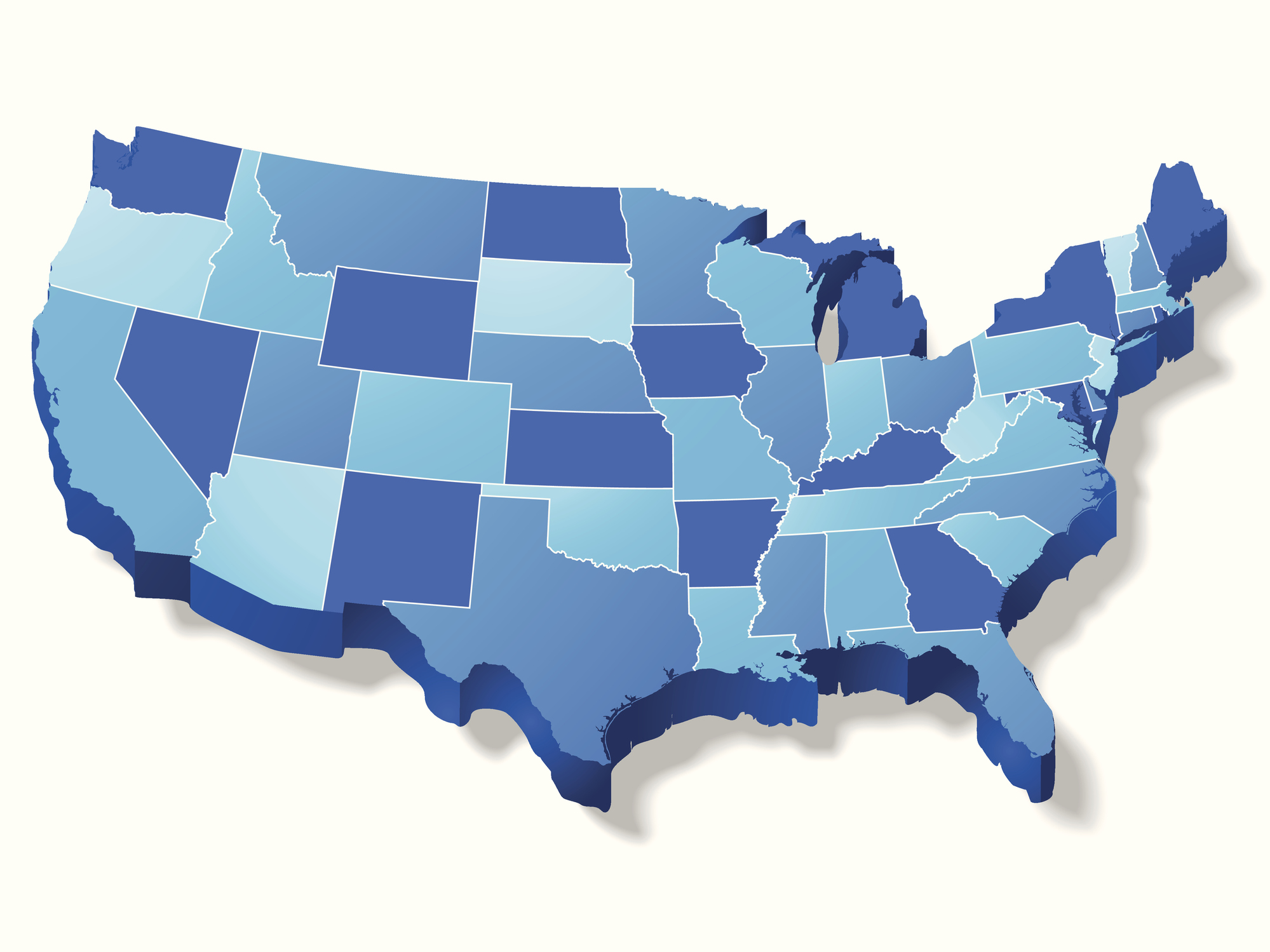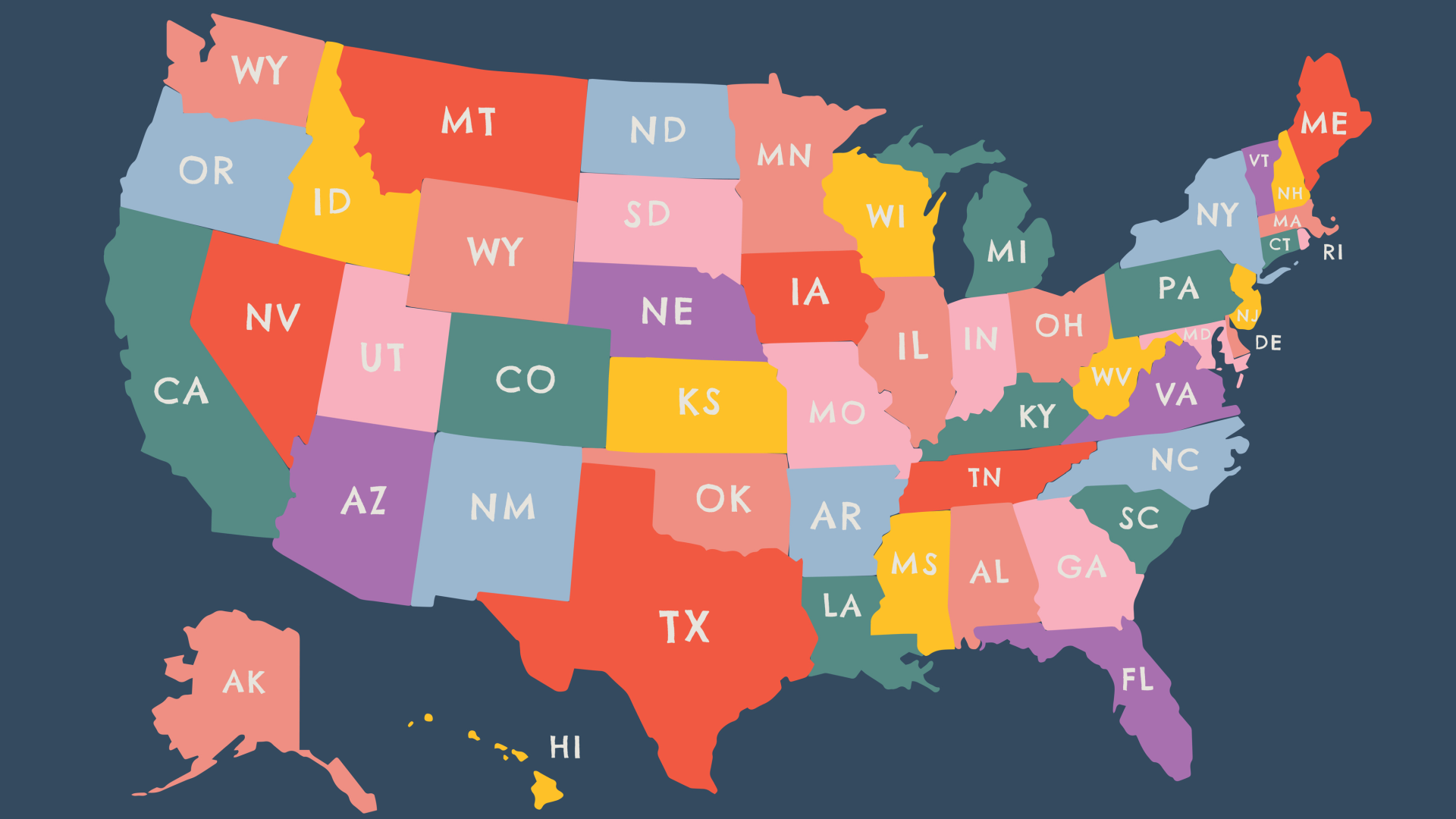State Offices of Drug Control Policy: Summary of State Laws
The Office of National Drug Control Policy (ONDCP) is an agency of the Executive Office of the President and is charged with leading and coordinating “the nation’s drug policy so that it improves the health and lives of the American people." This document provides statutory, regulatory. and legislative information about the nineteen states that have followed ONDCP’s example and created either a state-level office of drug control policy or an advisory commission separate from the state agency charged with oversight of controlled substances that is dedicated to addressing alcohol and drug abuse issues in the state....













